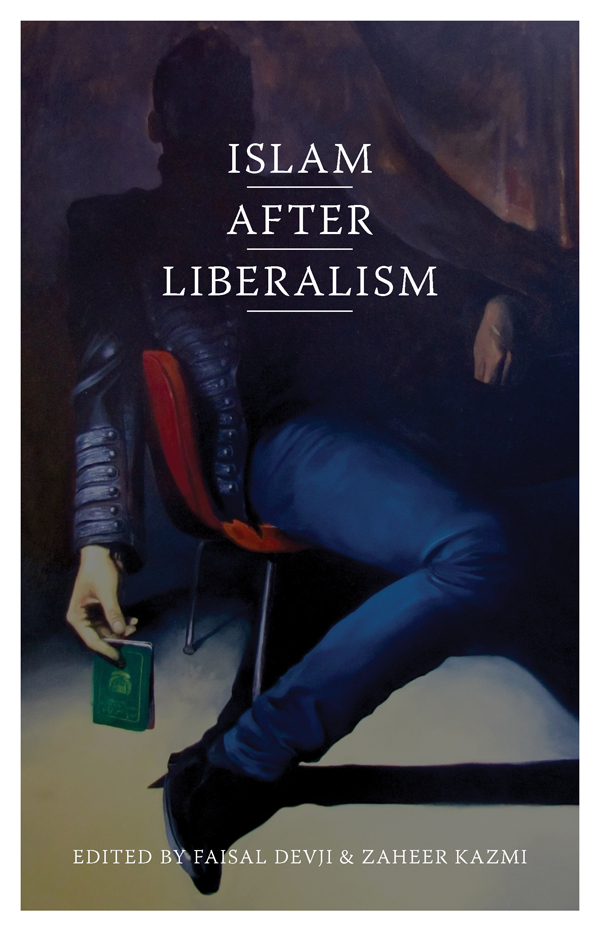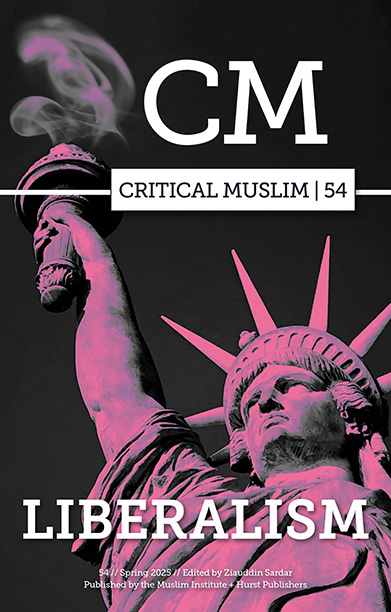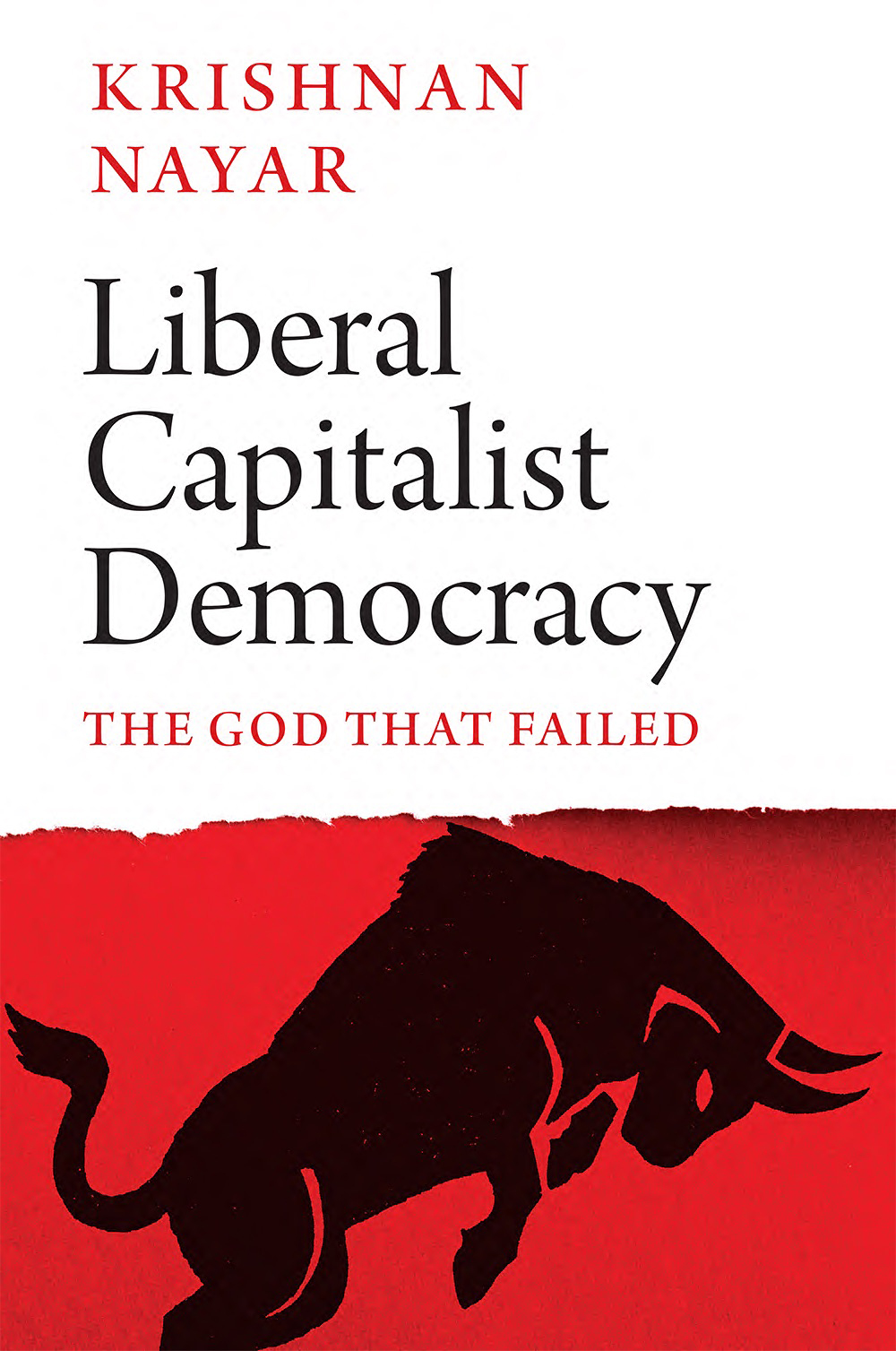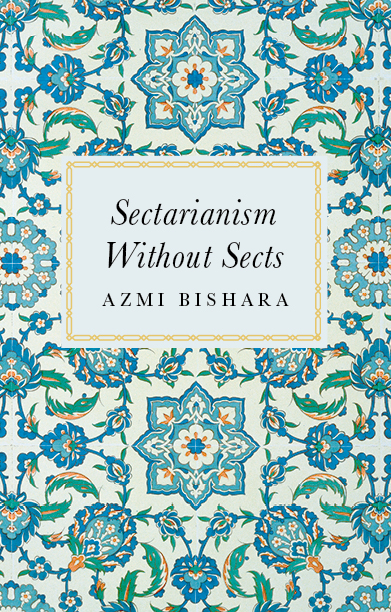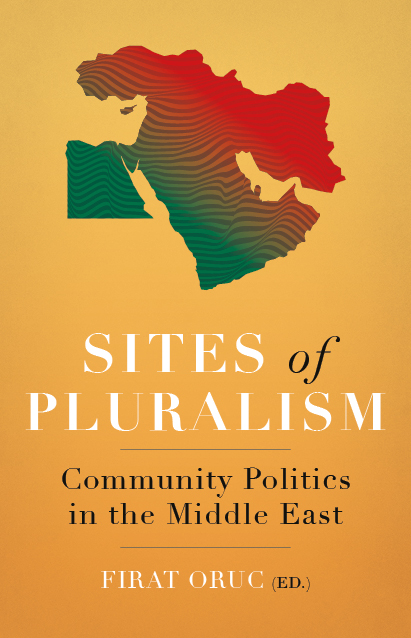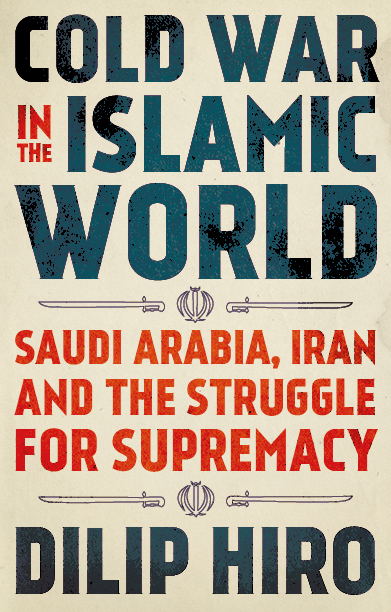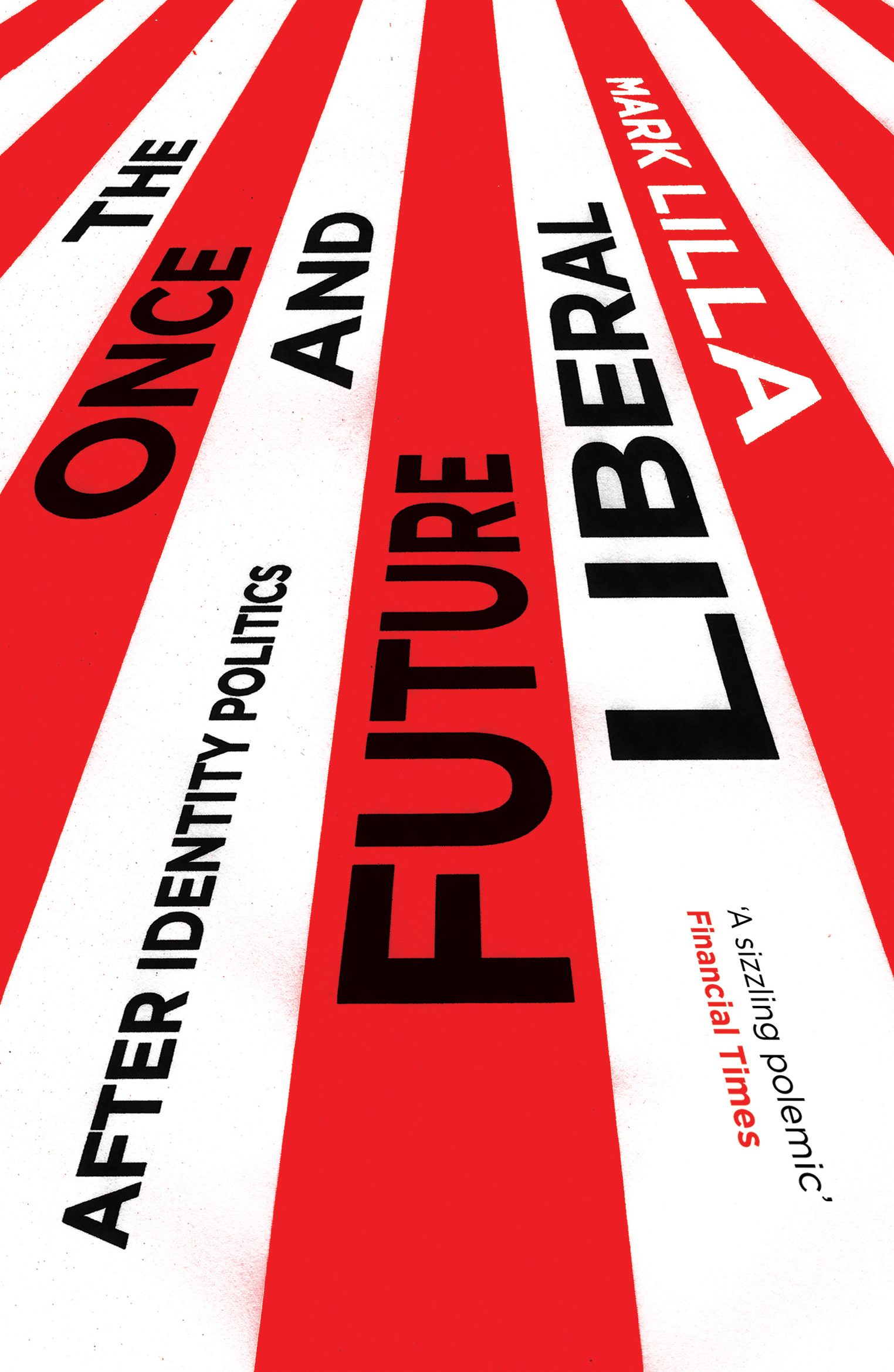Islam After Liberalism
Leading scholars discuss how ‘Islam’ and ‘liberalism’ have been entwined historically and politically and how Muslims have thought about this longstanding relationship.
Description
Forged in the age of empire, the relationship between Islam and liberalism has taken on a sense of urgency today, when global conflicts are seen as pitting one against the other. More than describing a civilisational fault-line between the Muslim world and the West, however, this relationship also offers the potential for consensus and the possibility of moral and political engagement or compatibility. The existence or extent of this correspondence is a defining characteristic of writing on the subject.
This volume looks however to the way in which Muslim politics and society are defined beyond and indeed after it. Reappraising the ‘first wave’ of Islamic liberalism during the nineteenth century, the book describes the long and intertwined histories of these categories across a large geographical expanse. By drawing upon the contributions of scholars from a variety of disciplines — including philosophy, theology, sociology, politics and history — it explores how liberalism has been criticised and refashioned by Muslim thinkers and movements, to assume a reality beyond the abstractions that define its compatibility with Islam.
Reviews
‘An enlightened exploration of the categories “Islam” and “liberalism” that deserves serious attention from both academics and non-academics alike.’ — Ziauddin Sardar, editor of Critical Muslim and author of Reading the Qu’ran
‘This highly original and timely collection of essays probes the relationship between liberalism and Islam in novel and often provocative ways. The book makes profound contributions to debates about Islam and liberalism, and offers innovative ways to rethink questions crucial to global politics.’ — Robert Crews, Associate Professor of History, Stanford University
‘This invigorating volume reassesses a debate pitting “liberal” Islam against an “illiberal” Islam, and enlists the former in the contemporary project of counter-extremism. The contributors skilfully illuminate the parameters and ambiguities of an intellectual genealogy and, in the process, highlight how this supposed paradigm is both emulated and contested.’ — James Piscatori, Professor at the Centre for the History of Political Thought, Durham University, and author of Muslim Politics
‘Liberalism is a Western ideology often linked to Africa and Asia in the shadow of Euro-American colonialism. This volume disrupts and complicates efforts to elide or contrast it with Islam. Its authors, diverse in discipline yet coherent in argument, provide unique insight into the ongoing engagements – political, cultural and academic – between Islamic narratives and liberal projects.’ — Bruce Bennett Lawrence, Nancy and Jeffrey Marcus Humanities Professor Emeritus of Religion, Duke University
Editor(s)
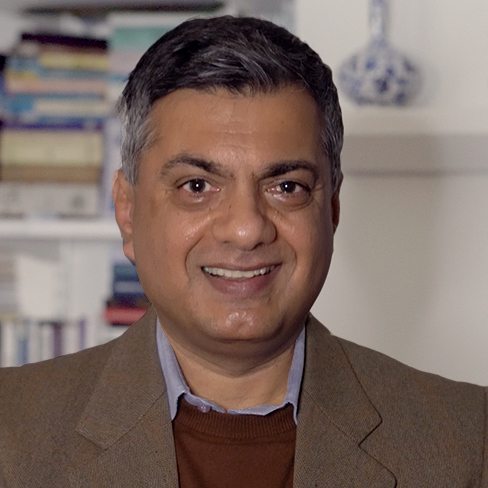
Faisal Devji is Professor of Indian History at the University of Oxford. He is the author of, inter alia, Muslim Zion: Pakistan as a Political Idea and The Impossible Indian: Gandhi and the Temptations of Violence.
Zaheer Kazmi is a Senior Research Fellow at the Mitchell Institute for Global Peace, Security and Justice, Queen’s University Belfast. He has held research and visiting positions at the universities of Oxford and Cambridge and is the author of Polite Anarchy in International Relations Theory and co-editor of Contextualising Jihadi Thought.
